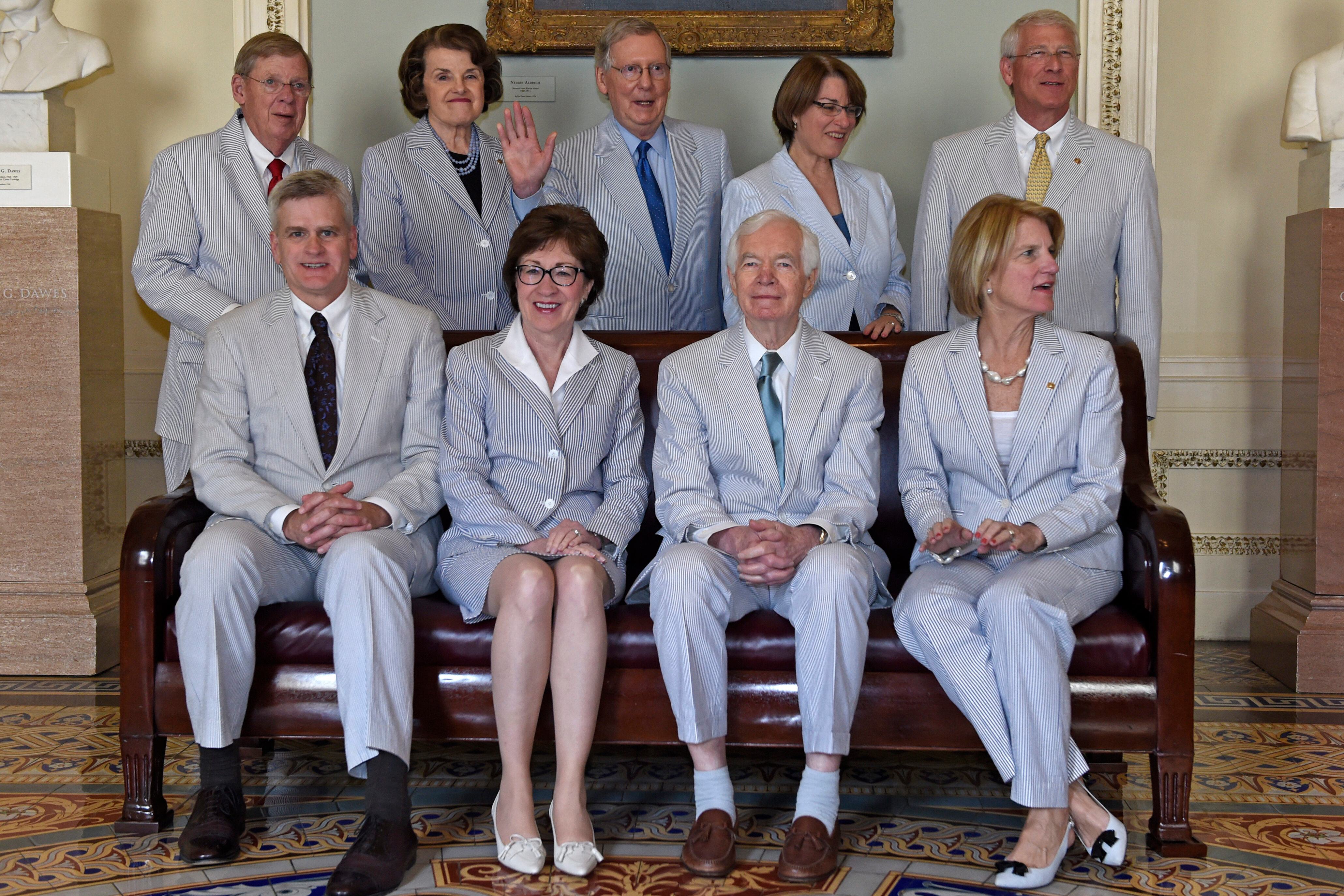“You begin saving the world by saving one man at a time; all else is grandiose romanticism or politics.”
—Charles Bukowski
A perennial problem with politics is that people in politics actually take themselves seriously. Politicians may act cynically, yet they are not quite cynical enough when it comes to their own political ambitions.
As poet and playwright Oscar Wilde once quipped, a cynic is “a man who knows the price of everything, and the value of nothing” and a sentimentalist “is a man who sees an absurd value in everything and doesn’t know the market price of any single thing.”
Together the two bring harmony. Torn apart, they are blind in their own unique way.
As much as they deny it, political factions are motivated by a mix of cynicism and sentimentality, sometimes within the same individuals. Even the most sentimental nincompoops — those who shed tears or fall into fits of hosannas upon hearing the most platitudinous political speech — turn cynical and stone-faced when confronted by their political opponents. Even the most cynical demagogues — those who spit piss and vinegar in response to the most innocuous statements from their enemies — turn sentimental and misty-eyed in the presence of a leader they love.
It seems one politico’s hopes are another politico’s fears. They appraise their enemy’s price as too high, yet see absurd value in their champions.
I always chuckle whenever I hear politicians rebuke other politicians for being political or political activity. My chuckle rises to a full-forced guffaw when these same politicians accuse the government and its agents of engaging in “politics.” In a democracy, one would think “politics” would be a good thing, yet even politicians use “political” as a dirty word!
Though this may seem a frivolous point, casting a negative connotation over the word “political” or “politics” is a useful way for politicians to sanction certain types of political activity while quietly affirming their own. One politician calling another “political” is merely a clever way to damn fleeting partisan sins while defending institutionalized political power.
Indeed, politics often amounts to the art of calling out other people's sins while being sure to conceal your own. One never has to prove oneself a saint in the political arena, only that one’s opponent is a worse sinner. Prove your opposition deserves a deeper circle of hell than you, and you’re that much closer to heaven.
Most politicians do not consider it political abuse to use political power as they see fit. Most do not see it as abusive to use the state to shape society to their heart’s desire.
No, what most of these politicians consider “unfair” is when the government cannot pilfer more wealth or liberty from the population. Most politicians consider it “abuse” when political power is used against them by other politicians. They only call the game “rigged” when they don’t like the outcome.
Yet, again, most politicians and their followers are not cynical enough about politics. They hate the players but not the game. Unlike me, they are cynical sentimentalists, i.e., they idealize politics, yet are cynical towards any suggestion that human beings should be set free from political control.
Though it may smack of paradox, I consider myself a hopeful cynic — hopeful in man’s spirit but not his politics. Scratch below the surface, and you’ll find my political cynicism flows from my disappointed sentimentality.
What is my sentiment, though it may be mere conceit? That a latent love of liberty is something real and enduring in every human heart despite the world’s all too real tyrannies and endless parade of self-important political buffoons.
In such a world dominated by political power, it is understandable that politicos see anyone who is cynical about their projects as a threat to human solidarity. But the true root of the problem is not “the other,” nor is it political cynicism; rather, it is the lust to dominate and control others that lies within each of us.
The tyrant in you is the tyrant in me, and if we are not careful, even our so-called reactions against tyranny can mutate into movements to destroy something good, true, and beautiful for destruction’s sake.
What if, instead of the pointless war of all against all, we become hopeful cynics — cynical of man’s lust to dominate his fellows, yet lovers of man all the same?
Maybe, just maybe, each of us can first save ourselves and then others, one man at a time, with a hope in the uncertain beyond for man’s liberty, if not his politics.
Joey Clark is a native Alabamian and is currently the host of the radio program News and Views on News Talk 93.1 FM WACV out of Montgomery, AL M-F 12 p.m. - 3 p.m. His column appears every Tuesday in 1819 News. To contact Joey for media or speaking appearances as well as any feedback, please email newsandviews931@gmail.com.
The views and opinions expressed here are those of the author and do not necessarily reflect the policy or position of 1819 News. To comment, please send an email with your name and contact information to Commentary@1819news.com.
Don’t miss out! Subscribe to our newsletter and get our top stories every weekday morning.










